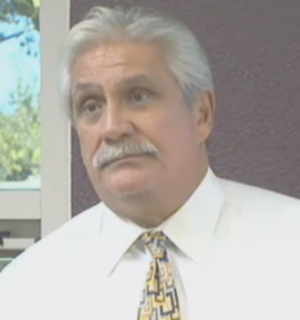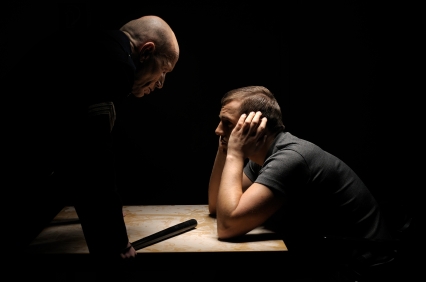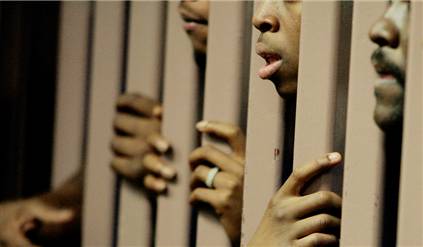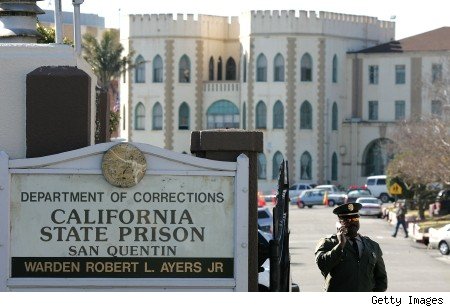Man Convicted of 62 Counts of Raping His Daughter
 Last week a Yolo County Jury convicted Bennie Moses of 62 counts of rape and a variety of sexual assault and sex with minor charges, stemming from a string of incidents in which the defendant had sex and forcible sex with his daughter from the time she was 12 until she was 21.
Last week a Yolo County Jury convicted Bennie Moses of 62 counts of rape and a variety of sexual assault and sex with minor charges, stemming from a string of incidents in which the defendant had sex and forcible sex with his daughter from the time she was 12 until she was 21.
In July of 2009, Mr. Moses was arrested by West Sacramento Police after an individual named Hakim helped the daughter escape Mr. Moses and called the cops. They had been staying in a West Sacramento hotel at the time of the arrest.

 Humberto Morales was arrested in Davis last year. He was stopped at 7:45 am by the Davis Police Department who found car stereos and CD players with wires sticking out of them in his vehicle.
Humberto Morales was arrested in Davis last year. He was stopped at 7:45 am by the Davis Police Department who found car stereos and CD players with wires sticking out of them in his vehicle.
 Last summer, the Vanguard covered the trial of Brienna Holmes in which the jury split on both counts. They voted 10-2 to acquit Ms. Holmes of a battery charge and 6-6 on a charge of resisting arrest.
Last summer, the Vanguard covered the trial of Brienna Holmes in which the jury split on both counts. They voted 10-2 to acquit Ms. Holmes of a battery charge and 6-6 on a charge of resisting arrest.
 Yolo County gears up for a death penalty case, in the case of Marco Topete, accused of shooting and killing Yolo County Sheriff’s Deputy Tony Diaz back in 2008. Like many in this county who have suffered from violent crimes, the family of Deputy Diaz has been brought into court to watch the proceedings with help from victims’ advocates, generally funded through grants in the DA’s Office.
Yolo County gears up for a death penalty case, in the case of Marco Topete, accused of shooting and killing Yolo County Sheriff’s Deputy Tony Diaz back in 2008. Like many in this county who have suffered from violent crimes, the family of Deputy Diaz has been brought into court to watch the proceedings with help from victims’ advocates, generally funded through grants in the DA’s Office.
 Earlier this week, we reported on the layoff of ten sheriff’s deputies from Yolo County. The question that emerged from that article was based on an earlier editorial by the Sacramento Bee.
Earlier this week, we reported on the layoff of ten sheriff’s deputies from Yolo County. The question that emerged from that article was based on an earlier editorial by the Sacramento Bee.
 A federal court on Thursday heard arguments in a case where gun-rights advocates have challenged the courts to determine how much discretion California’s law enforcement officials have in issuing concealed weapons permits.
A federal court on Thursday heard arguments in a case where gun-rights advocates have challenged the courts to determine how much discretion California’s law enforcement officials have in issuing concealed weapons permits.






